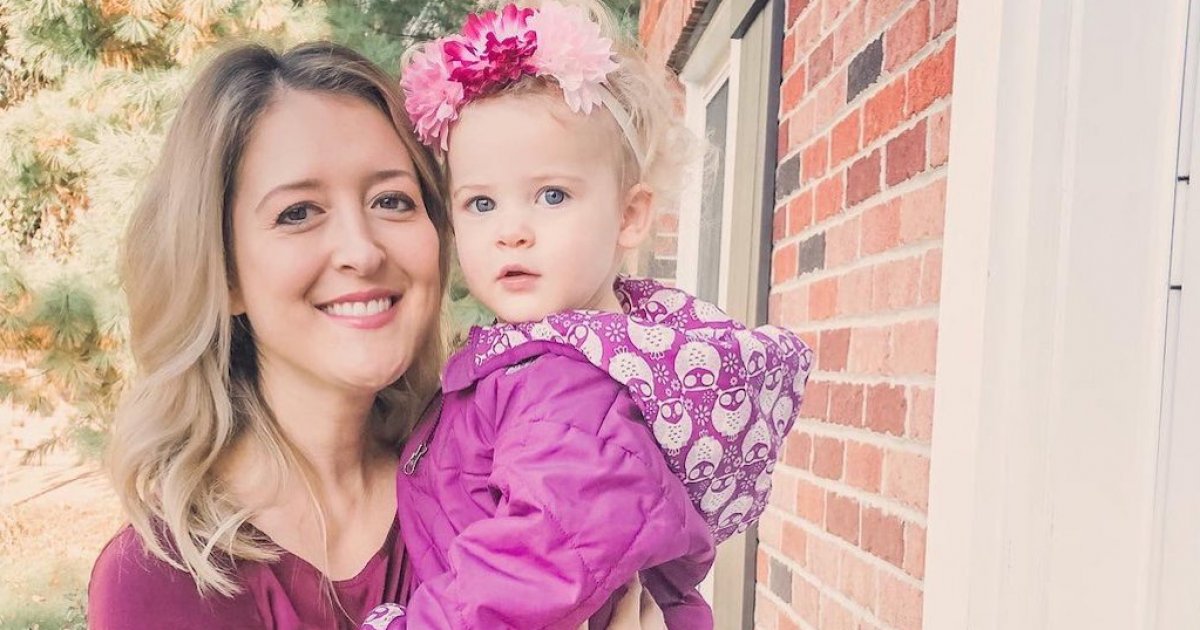When TV news reporter, Cara Sapida, found a lump on her breast, all the could think of were her children, ages 2 and 4. Although Sapida is younger than the recommended age of 40, she’d had a mammogram in October and she’d gotten an all-clear. “In 7 months, a cancerous tumor that is 2 centimeters formed.”
“Through the ultrasound, mammogram, biopsy, second mammogram, and as I waited by the phone,” her children were her “main thought.”
Read MoreBreaking the News to Children, Loved Ones
As those in the cancer community know, sharing news of a diagnosis is difficult. “For days I couldn't get through the details without breaking down. But, for now, I'm all cried out and honestly feeling strong,” Sapida says in her Instagram post (below). “It's emotionally draining. I want to protect them from this news.”
Of her children, she says, “they know to be careful because of my biopsy bruise. When we said prayers to God the other night, my son prayed for his elves to "heal mommies boo-boo on her booby before the morning.’"
Sapida says she hopes that, by sharing her story, she’ll reach other women who need to hear it: “Maybe you're doing a self check right now, or picking up the phone to schedule a mammogram in your 30's. Maybe you're in the midst of a breast cancer journey right now and can relate. Let's be strong together.”
Finally, she says,” I read somewhere that cancer may have started the fight, but I will finish it. And I am here to fight.”
Too Young For Breast Cancer Screening?
Although Sapida is in her thirties, the American College of Radiology recommends women get annual mammograms beginning at age 40. But if you have further risk factors — like a family history of breast cancer — your doctor may advise starting earlier. Even so, many women aren’t up-to-date on screening mammograms.
Dr. Connie Lehman spoke with SurvivorNet about getting called back after a mammogram.
Dr. Senayet Agonafer, a radiologist at Montefiore Medical Center, recommends talking to your doctor and getting all the facts you need to assess your risk, but by age 40, “you should absolutely be tested for your risk of breast cancer.”
"One of the most frustrating things that I see in my office, and my practice is when a patient … comes in with a huge, golf ball breast cancer that could have probably been diagnosed at an earlier age if they were receiving their annual screening mammogram," says Dr. Agonafer.
Some women say they fear the anxiety of a call-back after a mammogram. According to Dr. Connie Lehman, Chief of the Breast Imaging Division at Massachusetts General Hospital in Boston and Professor of Radiology at Harvard Medical School:
“The vast majority of that 10 percent of women called back [after a mammogram] do not have breast cancer.” Getting called back often just means that the doctors need a better image to see an area where there may be, for instance, breast calcifications (which could be a sign of any number of thingsmost of which are not cancer).
Learn more about SurvivorNet's rigorous medical review process.

